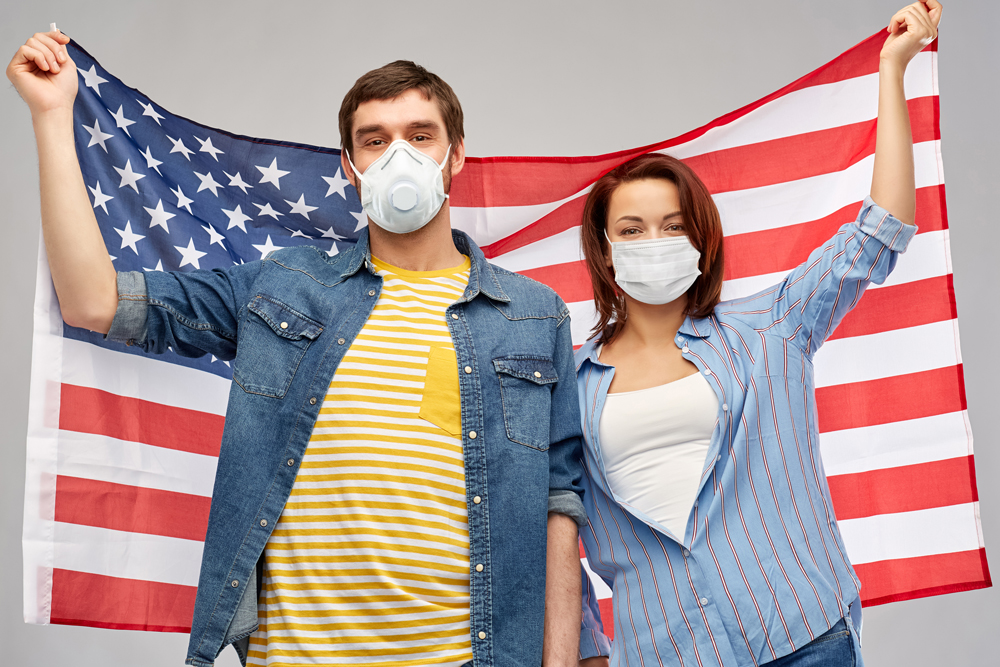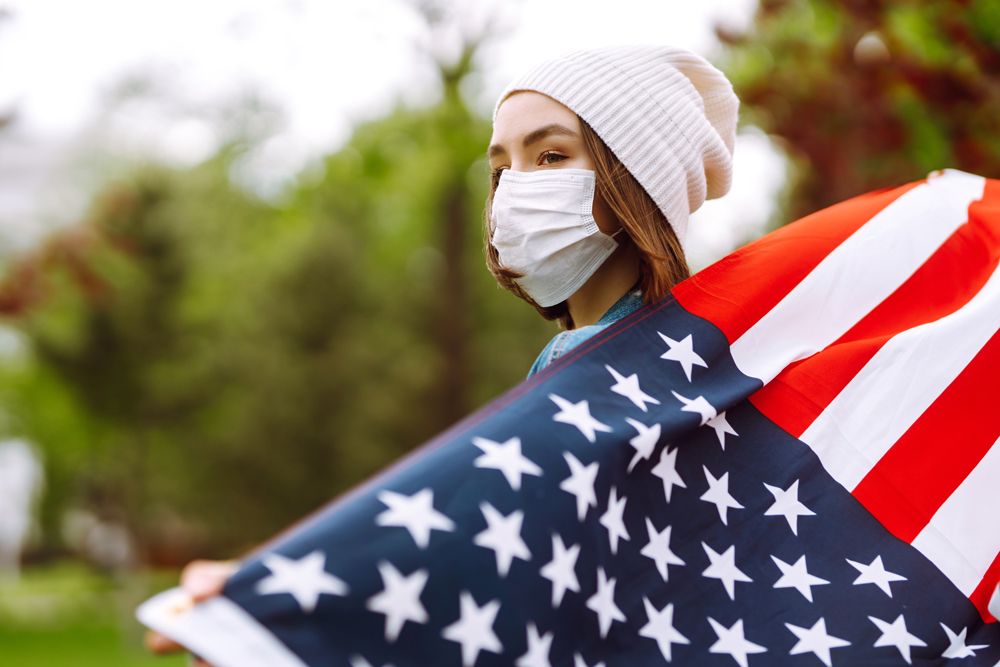Celebrating Fourth of July Safely During the Pandemic
The COVID-19 vaccination efforts are starting to show results as many communities report fewer cases prompting government officials to ease restrictions, allowing many of us to return to normalcy.
We are all eager to celebrate this July 4th and embrace our friends and family; however, you must still be vigilant, especially if you have a chronic disease, as the pandemic is not over.
Do COVID-19 Vaccines Offer Protection to Immunosuppressed Patients?
The research community has learned a lot about the novel coronavirus in the last 18 months. However, there is still much we don’t know.
Since clinical trials typically don’t include chronic disease patients, there is little data regarding the effectiveness of the vaccines for this demographic. The available data suggests that vaccines are safe and recommended for the majority of chronic disease patients.
However, the CDC states that anyone taking immunosuppressant medications may NOT be fully protected even after vaccination. We recommend you speak to your doctor about your risks and what precautions you should take.
How to Protect Yourself and Others During this 4th of July Celebration
If you live with a chronic disease, we recommend taking as many precautions as possible to avoid getting sick even if you are vaccinated.
The following tips can help protect you and those around you from getting COVID-19. The list includes guidelines from the CDC. You should also speak to your healthcare provider to get more personalized guidelines that pertain to your condition.
- Continue to wear a mask while out in public.
- Your facemask should fit snugly against the sides of your face while covering your mouth and nose and held securely under your chin.
- Maintain a physical distance of at least 6-feet between you and any person outside of your social bubble.
- Continue to wash your hands frequently, especially after being in a high traffic area.
- Avoid crowds and poorly ventilated areas.
- Choose parties that are outdoors rather than celebrations in restaurants and bars.
- Avoid touching your eyes, nose, and mouth with unwashed hands.
- Always cover your mouth and nose when coughing or sneezing. If you cough or sneeze into your mask, make sure to change it as soon as possible.
- Monitor your health daily. Speak to your doctor if you develop new or worsening symptoms associated with your chronic illness or any symptoms that may be related to COVID-19.
- Don’t overindulge during this celebration. Try to maintain your regular diet and avoid fast food or foods that could trigger disease flareups.
- Keep your alcohol intake to a minimum.
- Depending on your condition, stay out of the sun when possible, especially during peak hours.
- Check the air quality in your area and avoid being outside if air quality is poor.
- Keep hydrated. Don’t forget to drink plenty of water, especially if you are outdoors.
Let’s celebrate this July 4th to the fullest while still taking all the necessary precautions to keep yourself safe.


